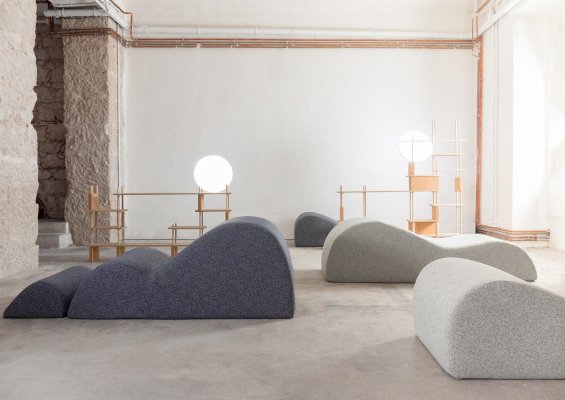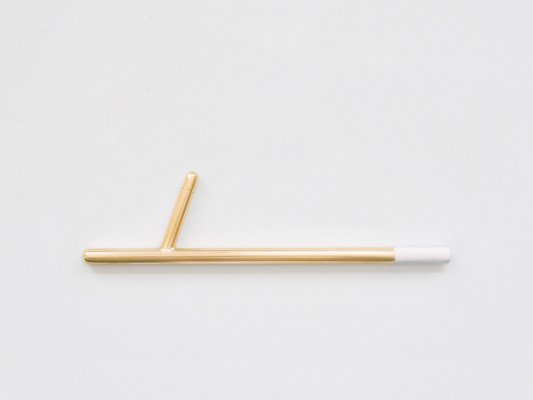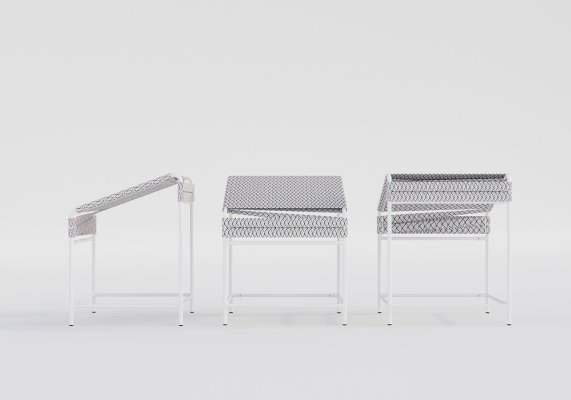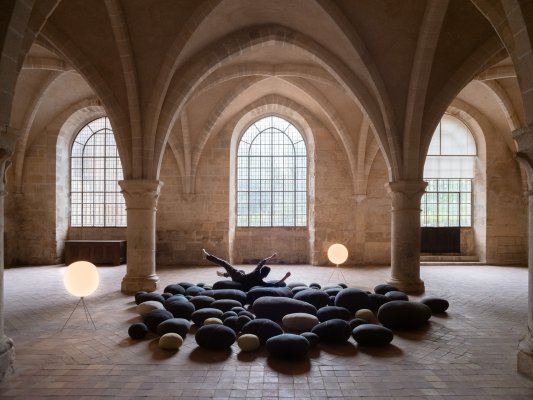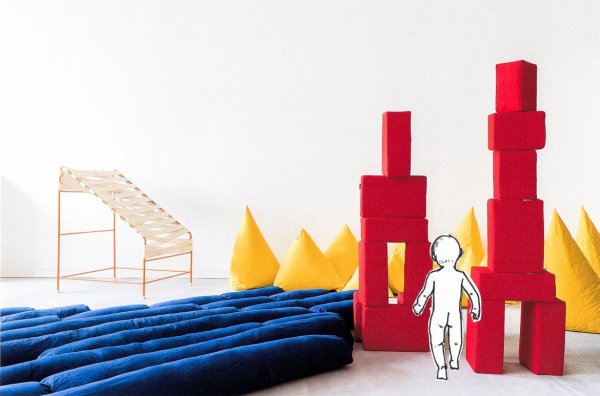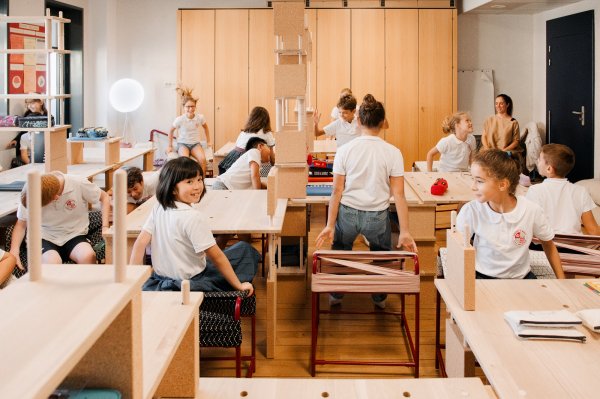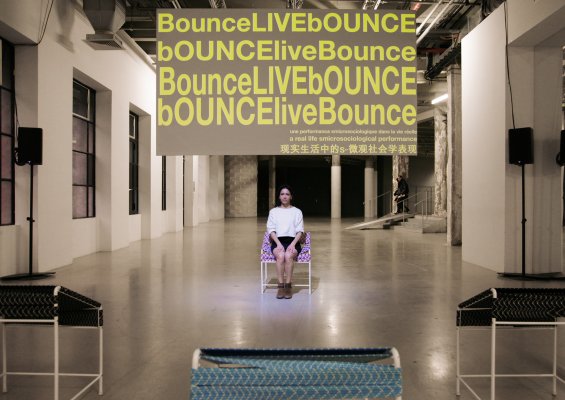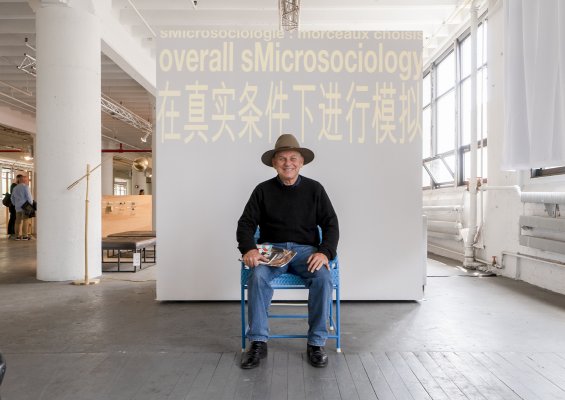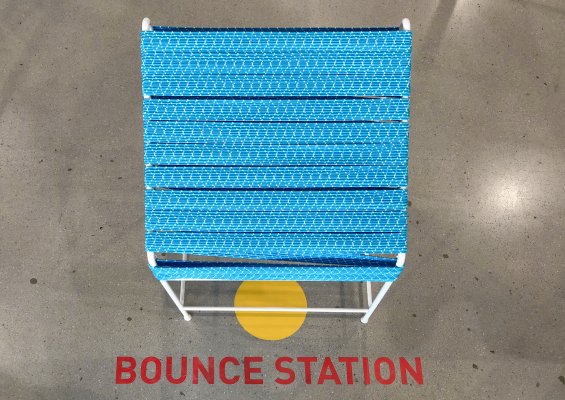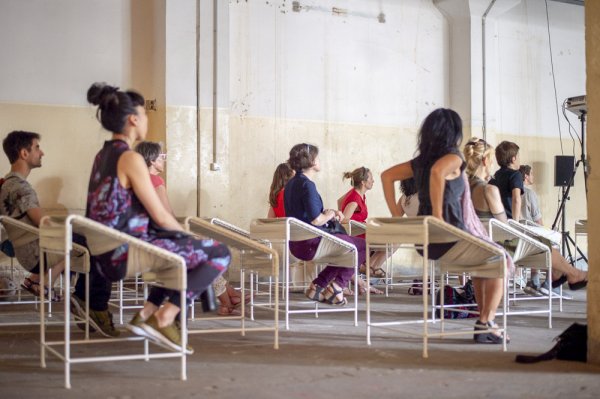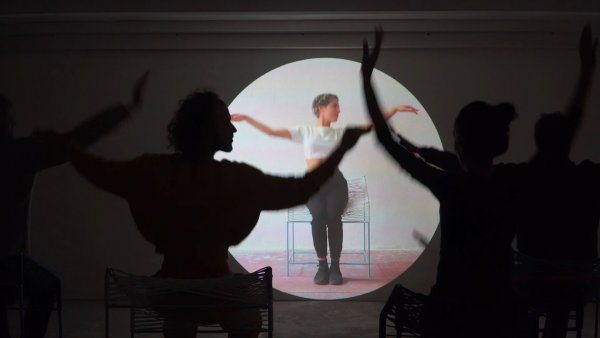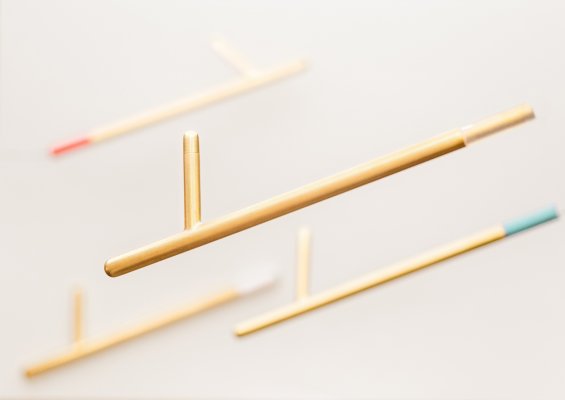- Studio
- Mechanic and therapeutic
mechanic and therapeutic
In 2012, smarin started to explore in more depth our gestural movements within our everyday routines.
These observations have been able to identify bad habits which cause wear and tear to our bodies. Changing these habits and using good practice will lead us to develop a conscious state of awareness and well-being.
This research of therapeutic and mechanical objects is the result of a meeting between smarin and the Observatoire des Médecines Non-Conventionnelles (OMNC) in Nice.
It is based on simple techniques that encourage a good mechanical use of the body and deepen self-awareness.
smarin offers the following products:
- sChaise, dynamic seat
- sifflu, an object that approaches complete breathing
- kairos, a lighting installation that enters in the practice of ‘cardiac coherence’
- nap bar, perfect for a recovering nap
More than 75% of the active population in France occupies positions in the tertiary sector (1). The higher the daily sitting and motionless time, the shorter the life expectancy.
The list of adverse effects on the body is long and worrying, including developing cardiovascular risks such as hypertension or obesity, increasing the risk of falls or Alzheimer’s disease in the elderly, multiple musculoskeletal disorders responsible for many people being signed off work and severe impairment of well-being. “Moving is our destiny” (2), it now seems essential to realise that our health depends on our everyday behaviour.
(1) INSEE, statistics of the French economy, 2016 edition
(2) Professor François Carré, Danger sédentarité, vivre en bougeant plus, Cherche midi edition 2013
The Observatoire des médecines complémentaires non conventionnelles is an association that is situated within the ‘Faculty of Medicine’ of the University of Nice Sophia Antipolis, which strives in reflecting deeply on health and relationships between the mind, the body and the environment.
Microsociology
Microsociology is the study of elementary social links, particularly concerning internal relations and forms of organisations of small social groups (family, couple, workplace, etc.). The German philosopher and sociologist Georg Simmel (1858-1918) has been part of microsociology since the beginning. An atypical and heterodox sociologist, he contributed greatly to the development of a sociology that favours the study of the reciprocal links and actions that exist between individuals. Simmel was an important reference for the Chicago School of Sociology, which includes Howard Becker and Erving Goffman.
Erving Goffman, American sociologist and linguist (1922-1982) from the second school in Chicago. He differs from quantitative and statistical methods and favours a participant observation. For him, not losing face guides social interaction.
